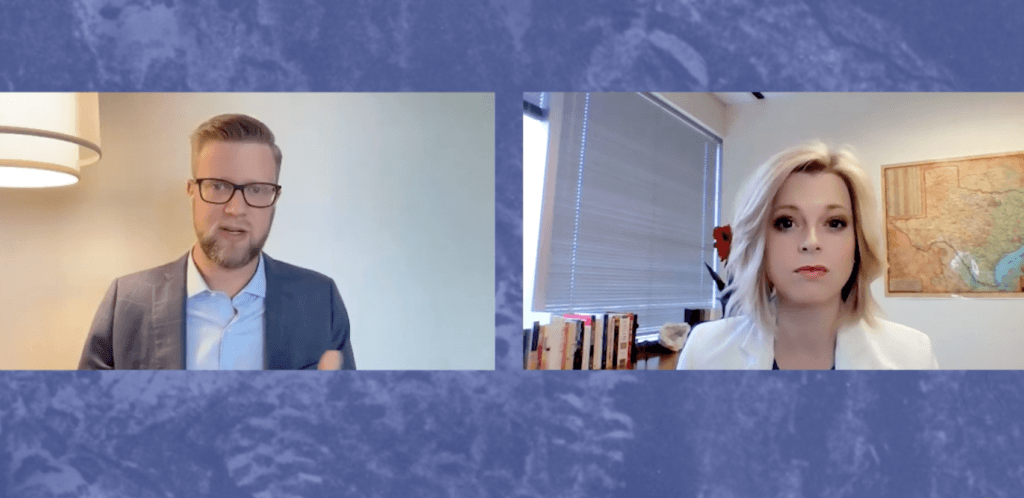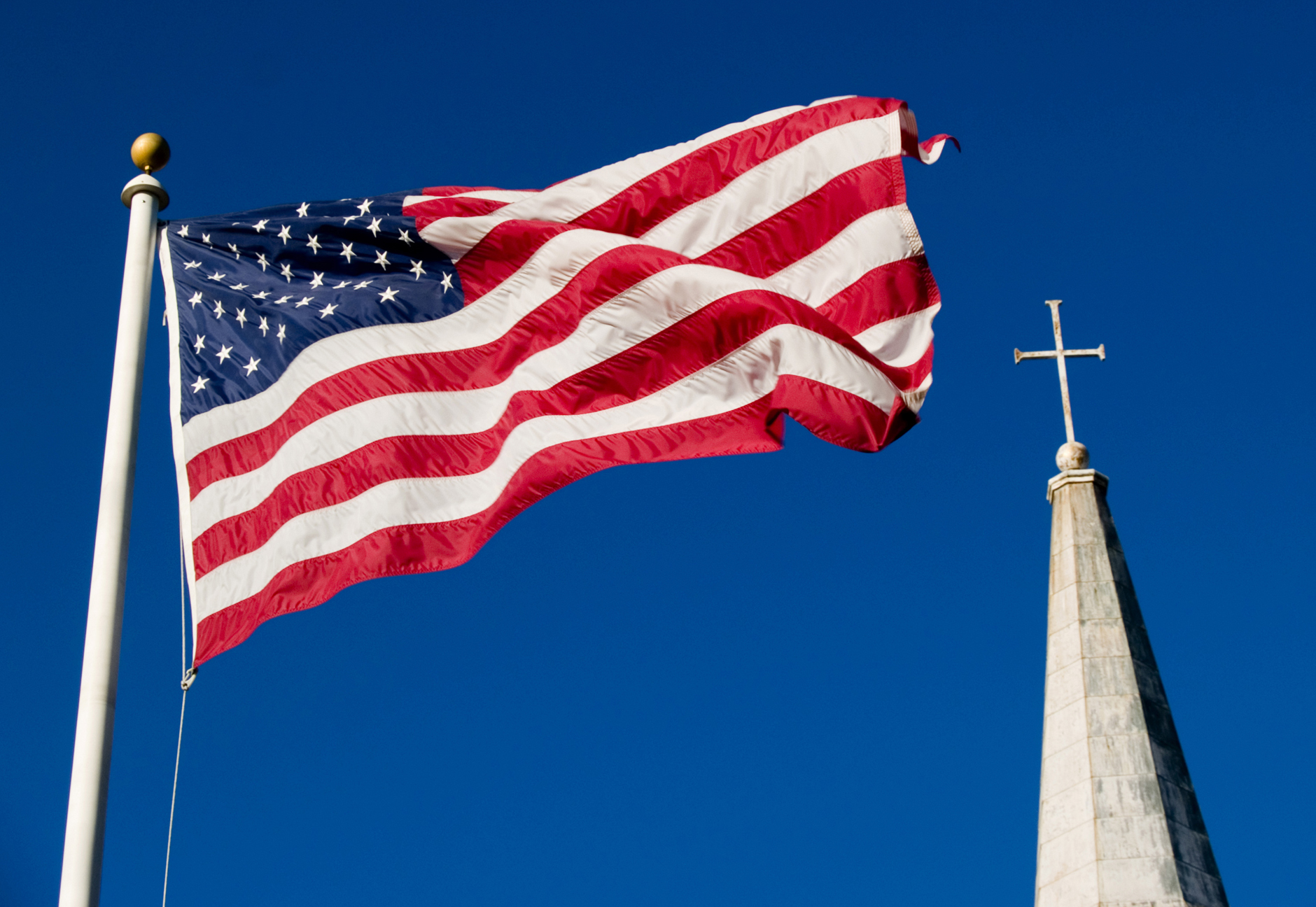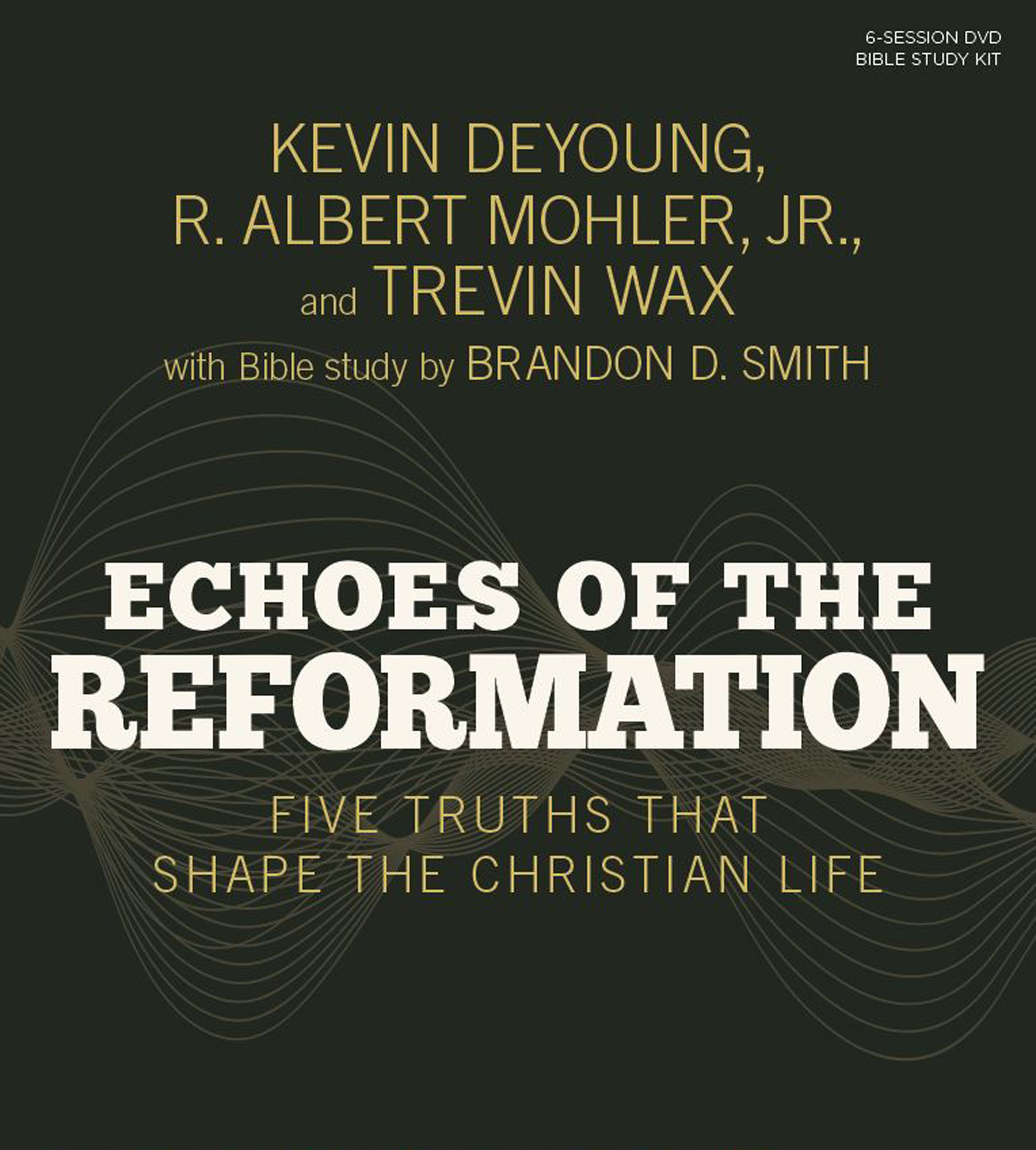
NASHVILLE (BP) – Holding to God’s design in creating human beings provides a way forward for Christians during the current crisis regarding sexuality, speakers at a Southern Baptist-sponsored webinar said Tuesday (June 7).
The Ethics & Religious Liberty Commission (ERLC) hosted an online event – “Discipling Your Church for a World in Sexual Crisis” – that featured a pastor, women’s ministry leader and seminary professor, all Southern Baptists. The hour-long webinar touched on such issues as gender dysphoria or confusion, transgenderism, sexual abuse, same-sex marriage and cohabitation, while addressing how Christians and churches should respond to these and other questions regarding sexual ethics.
Andrew Walker, associate professor of Christian ethics and apologetics at Southern Baptist Theological Seminary, told the online audience, “If we are going to see ourselves out of this mess, we need to recapture the idea that there are … universal truths consistent with our design as human beings.”
This idea presumes “there is actually a composite, fixed human nature, and so, right now, we as Christians are some of the last, few people who will defend that concept of human nature,” he said. “And I think that we need to double down and plant some flags and be the champions of the fact that we have a fixed human nature and that it can be actually, objectively known, that who we are isn’t actually a mystery.”
Katie McCoy, director of women’s ministry at the Baptist General Convention of Texas, said issues such as transgenderism demonstrate a conflict in the culture – “that identity is self-created versus identity is God-given.”
The culture says the human body “is something that is basically irrelevant to human identity or at least incidental and that our sexuality would then be without purpose or without design that would guide us in how to use it,” she said.
According to the Bible, “the body is a distinct aspect of what we are, but what our culture would say is it is a divisible aspect of who we are. It is something that you can divide from your true self and then determine your own identity completely separate from your body,” McCoy told the webinar audience.
Dean Inserra, lead pastor of City Church in Tallahassee, Fla., said pastors and churches need to provide clarity on sexuality while being compassionate, including with Christians who struggle with same-sex attraction.
“Let’s be clear about what God’s design truly is and the greater purpose of it,” Inserra said. Marriage is a visible portrait of the union of Christ and His church, he told participants. A sexual relationship is reserved for a man and a woman in a marriage, he said.
“Heterosexuality is not the goal,” Inserra said. “Holiness is the goal. And so I want them to be following Jesus. What does that look like? It means they have the same exact standards that I do when it comes to sexuality.
“God’s will is your sanctification, that you keep yourself from sexual immorality.”
The online discussion followed the May 22 release of a report from Guidepost Solutions’ independent investigation that found some of the SBC Executive Committee’s leadership mishandled allegations from sexual abuse victims. It also uncovered additional claims of abuse.
People who commit sexual abuse are not only “in deep sin and in deep crime,” but they also “are departing from God’s design,” said Inserra, a trustee of the Executive Committee. He said those who sexually abuse others are acting “in an evil manner and in a wicked manner in a way that God never designed it to be. And so, yes, we are going to keep talking about God’s design even during an abuse crisis because that is the foundation for all this.”
Since all human beings “have worth and dignity” because they are made in the image of God, “then any harm towards people should cause us to do whatever we can do, whatever it takes to ensure that it doesn’t happen anymore,” Inserra said. “If we’re going to have any moral voice whatsoever concerning the topics we’re talking about in this webinar today and don’t have our own house clean, who are we to [address] a culture that is in sexual chaos right now concerning ethics?”
Jason Thacker, the event’s moderator and the ERLC’s chair of research in technology ethics, asked about a couple of major questions in contemporary culture: What is a man? What is a woman?
“[T]he body does indeed inform and guide our gender identity,” McCoy said. “God has actually put in our brains and in our bodies the differences of how we will approach and respond and think and relate. These things happen in the womb prior to socialization, prior to any suggestion that parents can sort of conform a boy or girl toward masculine or feminine things.”
As evangelicals, “we have to be careful that we don’t confuse expressions of gender identity with the substance of gender identity,” she said.
Until recently, gender dysphoria – which refers to the discomfort a person may feel with his or her biological sex – was identified as a disorder, and the goal was “to help someone’s perception conform with reality,” McCoy told the online audience. “To hold that belief and certainly to express that belief today is not just out of favor with mainstream culture. It can really put people at risk for their professional, their reputational state.”
Christians and churches can help strugglers as well as parents seeking help in guiding their children in a sexually misguided culture, speakers said.
“[We want to demonstrate both grace and truth,” Walker said. “They’re present in equal measure in our Lord, and we’re to follow our Lord. [W]hat we see with Jesus is profound compassion and also profound truth-telling.”
He tends to deal differently with the activist than the person struggling regarding sexuality, Walker said.
“With the person who is struggling, it’s: ‘Tell me your story. I want to listen to you.’ I want to listen critically. We don’t just listen and someone gets a blank check to kind of say that their feelings don’t get to be critiqued or evaluated, but we listen compassionately and lovingly,” Walker told participants. “[We] don’t have the right to insult [those who are activists], but we have the right to be a little bit more direct and assertive,” as well as challenging.
Inserra said, “Our job as local churches, I think, is to bring some clarity to the chaos.” That means helping parents understand issues so they can guide their children biblically, and it means helping college students navigate dating in this culture, he said. City Church’s college ministry conducts a series every year on dating relationships and sexuality, Inserra said.
Speakers said a growing issue is pedophilia, a perversion in which adults prefer children as sexual objects.
McCoy described a “slow but steady increase in proponents of pedophilia, that that is just another orientation, and they are becoming more and more vocal and more mainstream.” Walker said the “academic arguments are in place to create a category for pedophilic individuals.”
Two of the speakers have written books that address sexual ethics – God and the Transgender Debate: What Does the Bible Actually Say About Gender Identity? by Walker and Pure: Why the Bible’s Plan for Sexuality Isn’t Outdated, Irrelevant, or Oppressive by Inserra.
Video of the webinar is available here. The ERLC has a new resource page on its website addressing sexuality at erlc.com/sexual-ethics.























